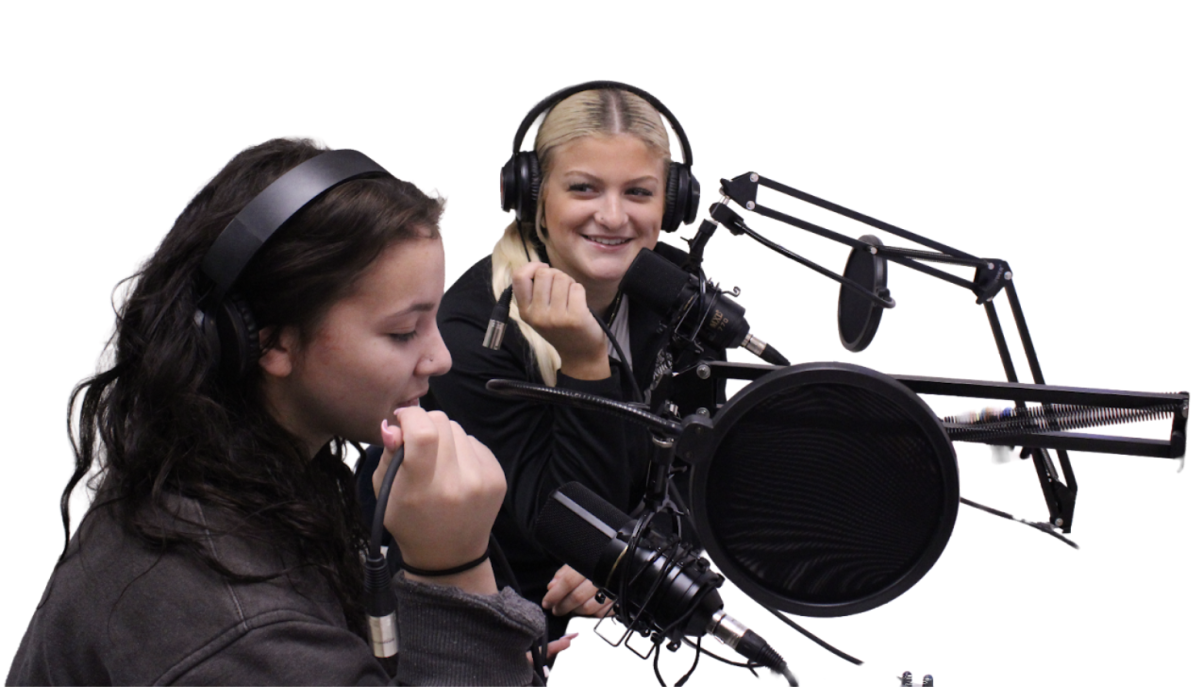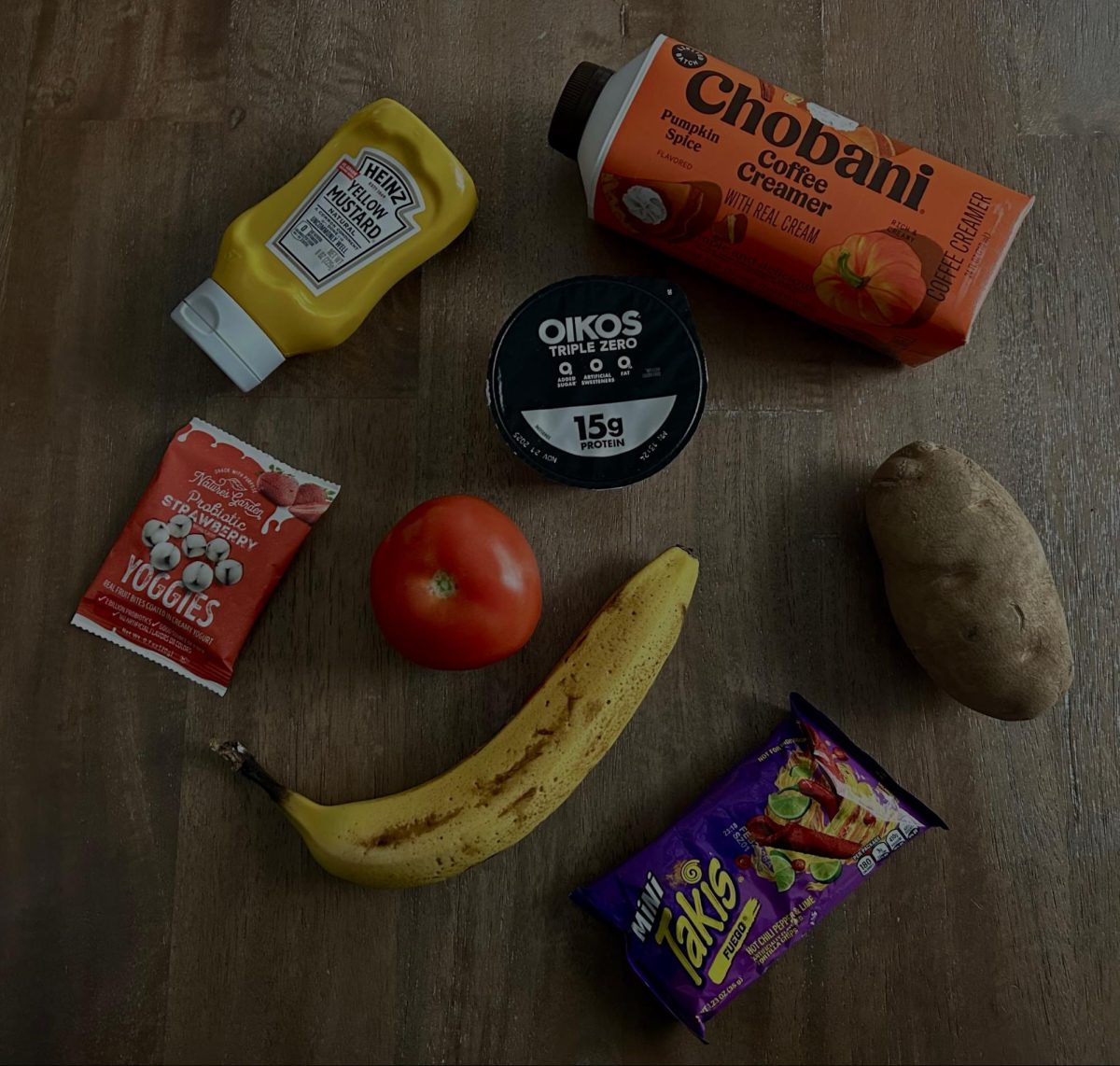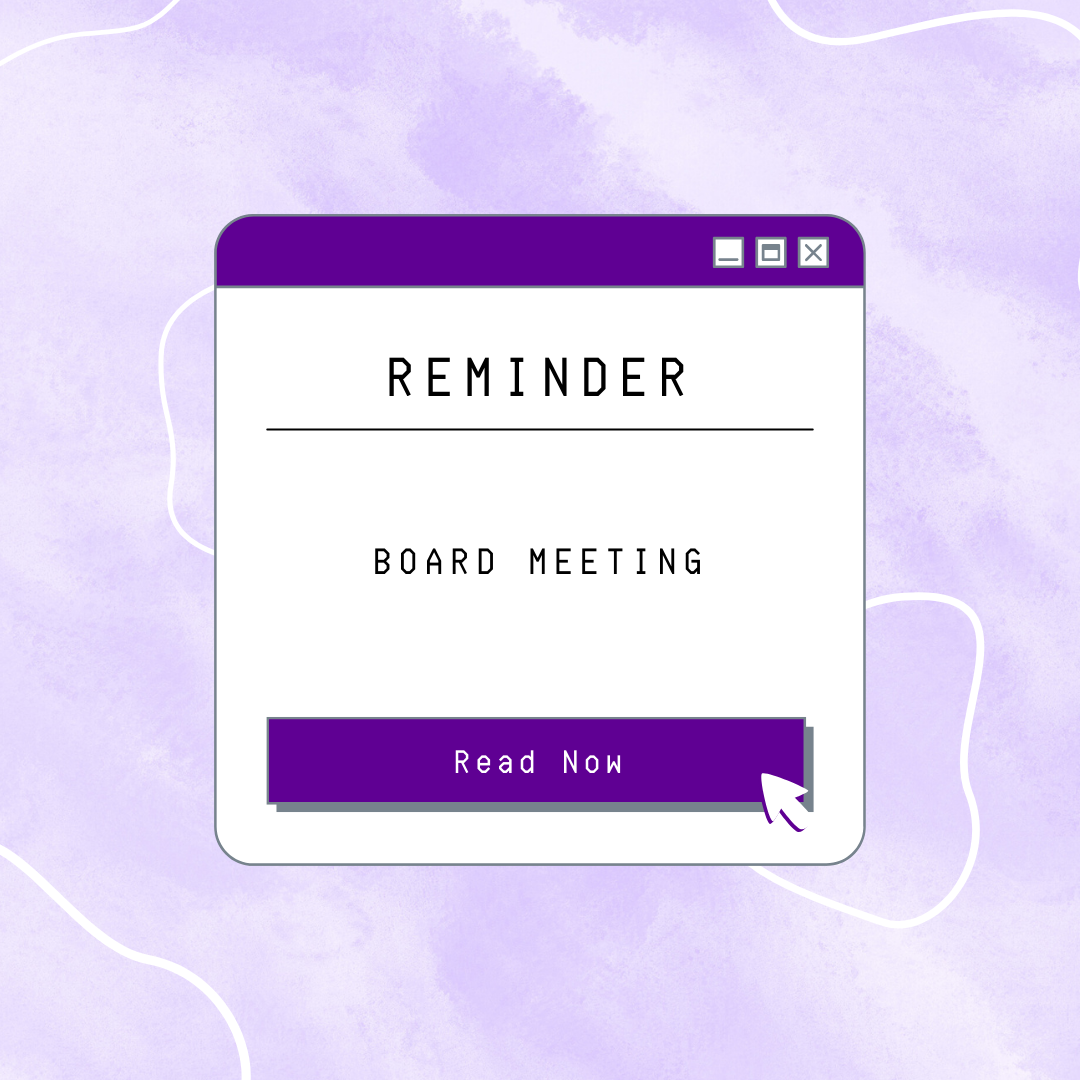Imagine working at your dream job, where you make a comfortable salary and have formed friendships with your co-workers but feel unfulfilled in your work. If you are faced with the choice between continuing as you are or leaving your job and taking a chance somewhere else, which would you choose?
As humans, most of what fills up our days relates to the choices we make. No matter how big or small, each choice we make leads us to where we end up in the future. That may seem obvious, especially when making important decisions, but it is why people tend to choose the safer route over a riskier one.
“When assessing risk, potential losses tend to loom larger than potential gains,” author Margie Warrell said in a Forbes article. “That is, we tend to focus more on what might go wrong – what we might lose or sacrifice – than what might go right.”
Risk invoking fear isn’t unexpected, especially when you don’t know what the outcome could be. A risk is often associated with failure, and you may even doubt your ability to succeed when taking one. Finding the courage to take a risk is something only you can do for yourself.
“Risk-taking is not a skill you learn, it’s a choice you make. And because all risks are different, it doesn’t necessarily get easier each time,” Rosette Pambakian, co-founder of social audio app Stereo, said in an interview with Forbes. “Taking the path that challenges you instead of the one that keeps you where you are is a conscious decision.”
Calculated risk-taking can help you become more comfortable with failure and gain more self-confidence. As time passes and you take more leaps of faith, your failure will mean nothing in the face of your successes.
“Risk, failure and moving on are parts of achievement and success and part of happiness in life. Hopefully stemming from that, [people] get a greater sense of self,” self-help author Claire Shipman said in an interview with the Washington Post.
Along with building confidence, taking calculated risks can open doors to opportunities you did not consider before. By taking these risks, you may learn new skills, make connections and achieve things you thought you could only dream about. One of the biggest regrets people often have is the risks they did not take. By taking a risk to experience new opportunities, you can have fewer things to regret in the future, which is something sophomore Ava Wukitsch has learned while in high school.
“I auditioned for a music camp last year and I didn’t get in,” Wukitsch said. “However, it gave me good audition experience and increased my confidence in settings like that, which encouraged me to keep going. I have since gotten into other ensembles and music programs.”
These opportunities can also lead to school and career advancement, helping you feel fulfilled in what you do. Whether it is changing workplaces, developing a career path or building skills to get a promotion, you can spend the rest of your school and working life doing something you enjoy rather than something that offers nothing but a sense of familiarity.
However, you should avoid making life-changing decisions on a whim, especially in a highly emotional state. A study by Mara Mather, a psychology professor at the University of Southern California, found that stress can affect risky decisions. Acute stress can override the tendency to avoid negative outcomes and lead someone to choose an option that will not benefit them. The study also found that males and females approach risk differently when under stress, with males taking more risks and females taking less. These differences can be attributed to brain activity when computing risk, still making reckless risk-taking dangerous.
So, how do you know when to take a risk? Calculated risk-taking is all about making informed decisions and knowing what you can gain or lose from the choices you make. You should be prepared for both success and failure and take steps to minimize the impact of a negative outcome. This way, you can make a confident decision without being impulsive.
“You should take risks in situations where you feel safe to do that,” Wukitsch said. “If you’re already feeling stressed or agitated, you shouldn’t take a risk because it could end up making you feel worse. If you’re feeling calm and safe with where you are, then take a risk and try something new. It could help you even if you fail.”
The best way to get accustomed to taking risks is by starting small. Start your day off by eating something unexpected for breakfast or wearing clothes you would not usually wear. Later, you could watch a movie from a genre you don’t typically enjoy or learn a new hobby instead of scrolling on your phone. Though these may seem unimportant, doing something out of your comfort zone can help you get situated with risk-taking and learn what to consider when making decisions. Over time, you will be confident enough to take a calculated risk in a broader context.
Risk-taking does not have to be as daunting as it may seem. While you can take a risk and fail, there is also a chance of you succeeding. Both success and failure can contribute to your confidence and security, especially when you have considered all of the outcomes of your risk. In the end, it all comes down to whether or not you choose to take a chance and roll the dice.













